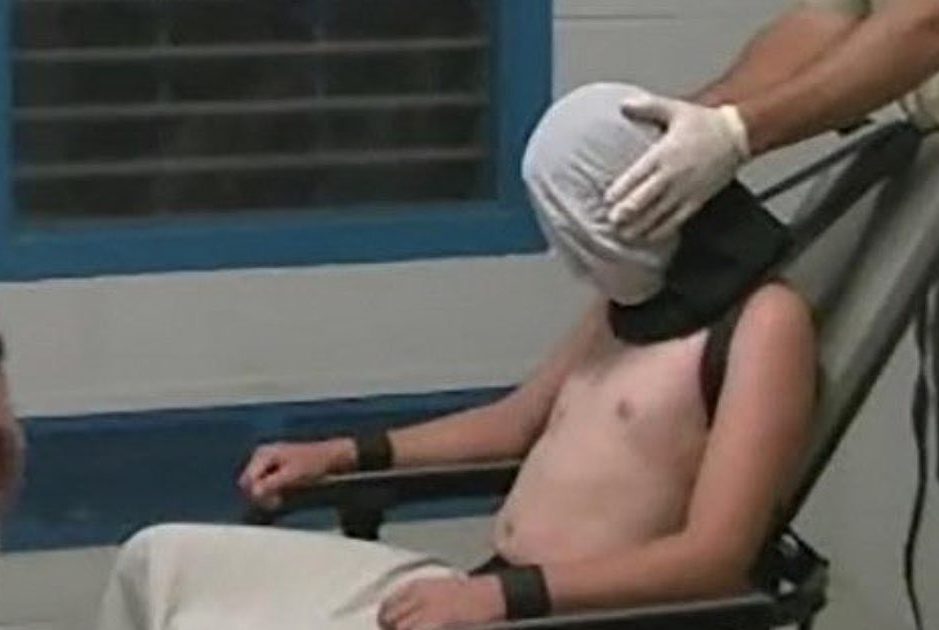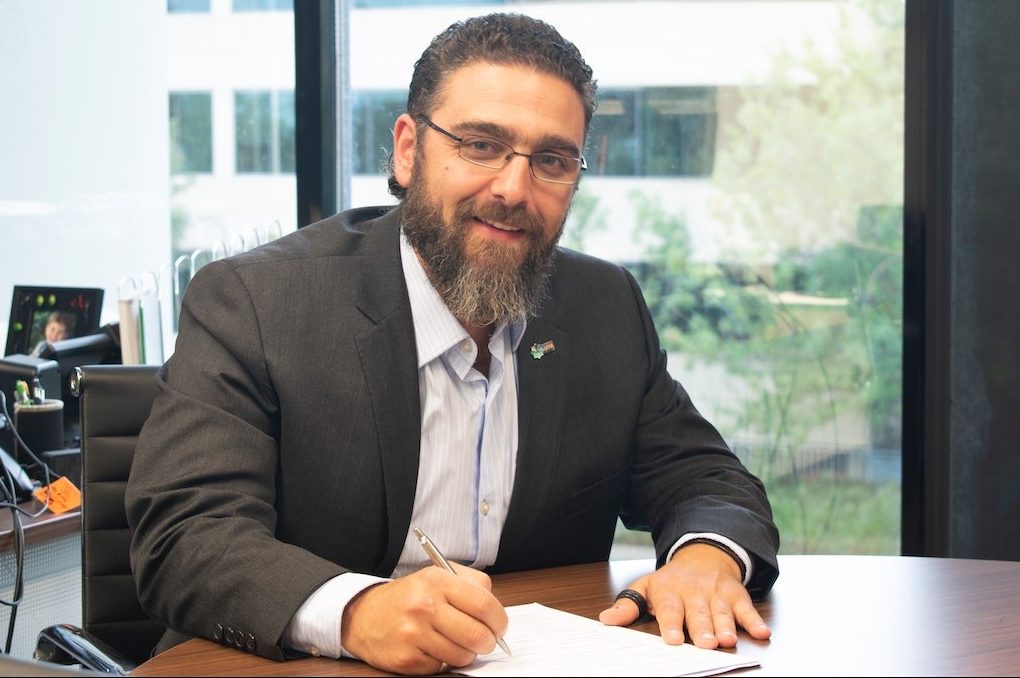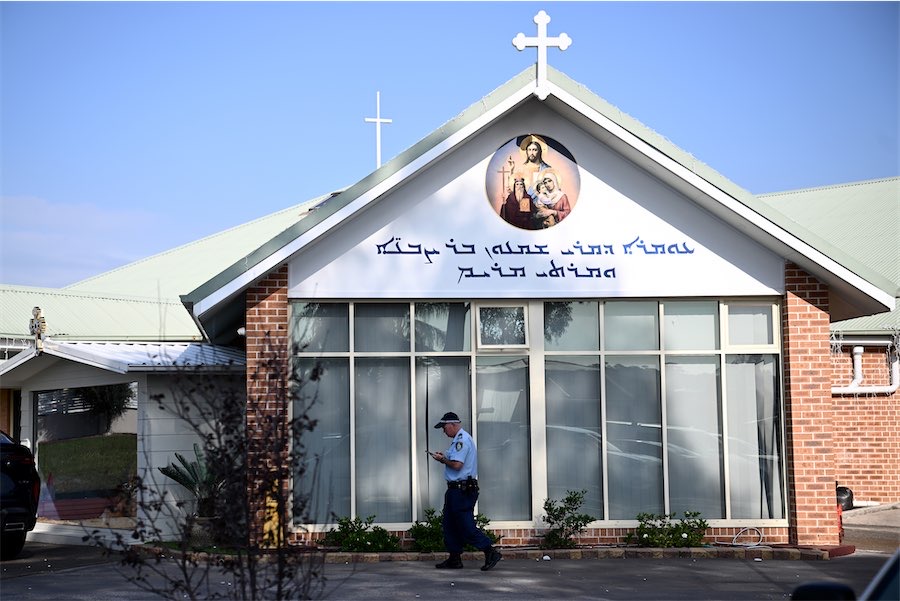
CALLS to ban spit hoods in the ACT after police used one to restrain a 16-year-old girl have raised serious concerns for the Australian Federal Police Association (AFPA), who believe the human rights of offenders are being put above police officers.
A spit hood is a bag constructed out of mesh that is placed over the head of a detainee to stop them from spitting or biting, with the aim of preventing injury to or infection of police officers.
A furore over their use in Canberra was sparked after ACT police chief Neil Gaughan told a Budget estimates hearing that police had recently used a spit hood to restrain a teenager.
The 16-year-old had allegedly refused to surrender alcohol, before she bit the inside of her mouth and spat blood at arresting officers.
The incident raised immediate concern from the ACT Greens, who have described the equipment as “degrading devices that restrict breathing.”
The ACT Human Rights Commission (HRC) and indigenous advocacy group Change The Record have also joined calls to ban the devices, saying it “beggars belief why spit hoods would still be in use in a so-called human rights jurisdiction like the ACT”.
But the prospect of a ban has attracted the ire of AFPA president Alex Caruana, who says the safety of offenders is being put before the safety of police and the community.
“Ultimately, it comes down to this: if you don’t want to have a spit hood put over your head, don’t spit at police officers and break the law,” says Caruana.
“It’s not just the police officers, it’s the community, it’s teachers, it’s first responders, paramedics and firies as well that have all been subject to the foul act.
“I’ve invited both the Greens and the HRC to live the life of a police officer for a week and see how the police officer’s human rights are being degraded, how they are suffering every day from what they would deem significant human rights breaches, yet nothing is being done to protect them.”

SA banned spit hoods late last year following the death in 2016 of indigenous man Wayne Fella Morrison, who had been restrained with a spit hood while being held on remand in Yatala Labour Prison.
The 29-year-old died at the Royal Adelaide Hospital three days after the incident, leading his family to wage a five-year campaign to see spit hoods criminalised in the state.
The Greens are now calling on the ACT government to take similar action in banning the device.
“No one should be spat upon while they do their job, but there are more suitable and humane measures for police to use,” says ACT Greens police spokesperson Andrew Braddock.
“Spit hoods are not used in most places in Australia because they are traumatic and potentially lethal devices. They have been implicated in the deaths of Aboriginal and Torres Strait Islander peoples in custody across Australia.”
Braddock says alternative measures include minimising face-to-face contact by placing offenders in a secure area, utilising divisional vans for transport and personal protection equipment (PPE) such as eye-wear, face shields, masks and gloves.
However, Caruana says many of the alternative measures aren’t tenable.
“PPE doesn’t actually prevent you from getting spit, blood or phlegm on your face, in your mouth or in your eye, we know that the spit hoods do prevent it,” he says.
“Make no mistake, offenders do it on purpose and take great joy in it. “There are stories where people have bit the side of their cheek, spat at a police officer and said: ‘Enjoy that, I have Hepatitis C’.
“The grief that police officer then has to go through; six months worth of waiting before they can show love to their kids, to their loved ones while they’re waiting for a test result. It’s unacceptable.”
There are currently around 100 spit hoods in the ACT Police Watchhouse that, according to Gaughan, are used “very seldomly”.
It’s the belief of Caruana that an incident similar to what happened in SA is “highly unlikely” given the processes and type of spit hood now used by the Australian Federal Police and ACT Policing.
“I think it’s important to know that spit hoods aren’t something that’s used every day and it only occurs for those offenders who are not compliant, that need to be protected from themselves,” he says.
“I think the human rights of the people looking after the Canberra community far outweigh the human rights of the people that have decided to commit a vile act.”
Who can be trusted?
In a world of spin and confusion, there’s never been a more important time to support independent journalism in Canberra.
If you trust our work online and want to enforce the power of independent voices, I invite you to make a small contribution.
Every dollar of support is invested back into our journalism to help keep citynews.com.au strong and free.
Thank you,
Ian Meikle, editor




Leave a Reply